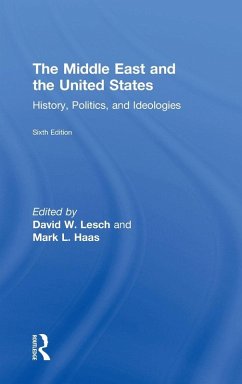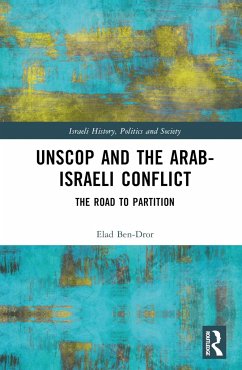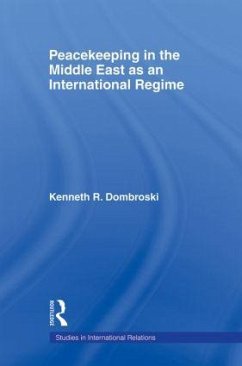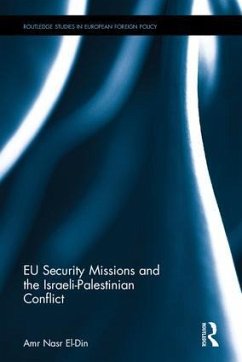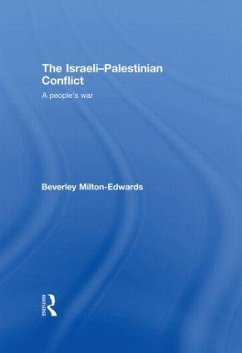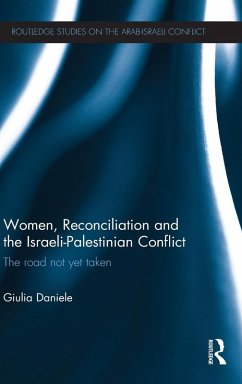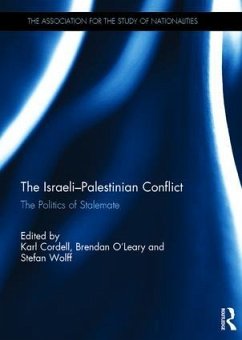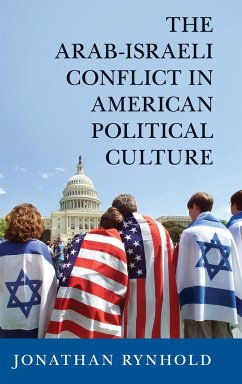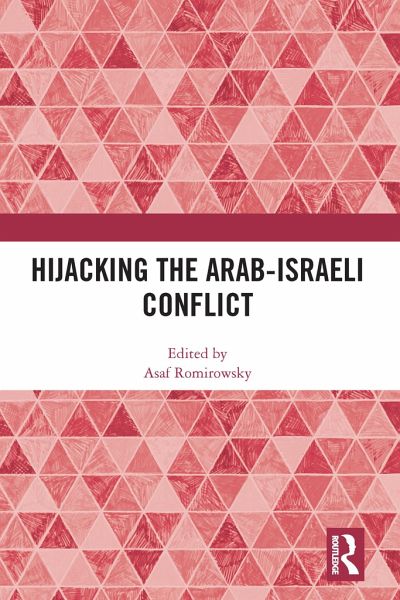
Hijacking the Arab-Israeli Conflict
Versandkostenfrei!
Versandfertig in 1-2 Wochen
168,99 €
inkl. MwSt.
Weitere Ausgaben:

PAYBACK Punkte
84 °P sammeln!
Thi book emphasizes how a delegitimizing lexicon of terms and concepts is often used in highly politicized anti-Zionist scholarship. This volume focuses on this linkage between language and thought partly because it is long a staple focus for political theory and philosophy.




